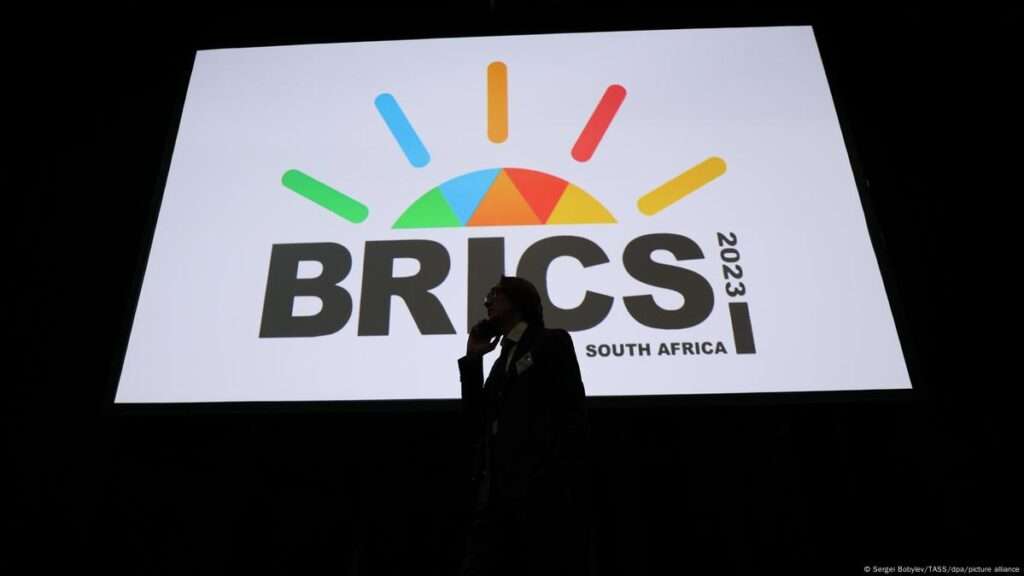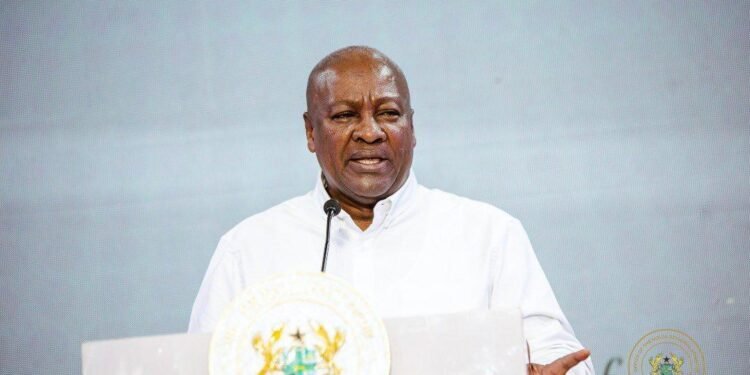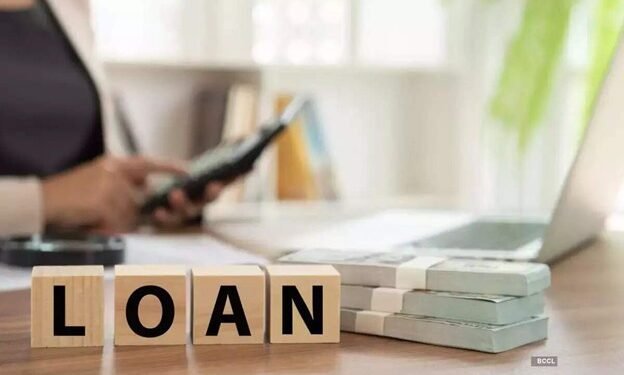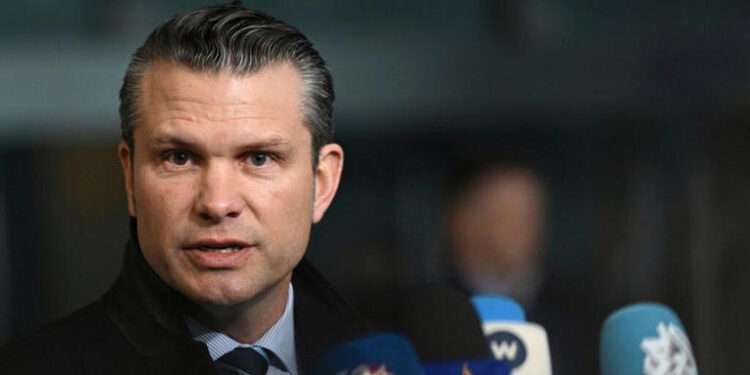Nigeria’s opposition alliance has criticised President Bola Tinubu after the country was notably excluded from a White House-African summit this Wednesday, calling the omission a “damning international indictment” of both its economic health and international standing.
Mallam Bolaji Abdullahi, the African Democratic Congress’s Publicity Secretary, said Nigeria, despite being Africa’s largest economy, consumer market, and having the continent’s most influential diaspora, was bypassed in favour of five smaller West African nations during the summit.
The invited countries, Gabon, Guinea-Bissau, Liberia, Mauritania, and Senegal, will meet U.S. President Donald Trump in Washington from July 9 to 11. Discussions are expected to centre on trade, investment, and security, aligning with the Trump administration’s shift from traditional aid to a “trade not aid” development strategy for the continent.
Trump’s pick of these relatively minor economies, particularly while excluding Nigeria, drew attention following comments by U.S. Secretary of State Marco Rubio. Rubio stated that U.S. engagement in Africa would favour nations “that have demonstrated both the ability and willingness to help themselves.”
Diplomatic relations between the U.S. and Nigeria have cooled recently. On Sunday, Trump announced via Truth Social an additional 10% tariff targeting Nigeria and other BRICS-aligned nations. He criticised BRICS for being “anti‑American.” Nigeria had just joined the BRICS alliance in January and, during the 17th BRICS Summit in Brazil this week, President Tinubu called for “a reevaluation of the current global governance structure,” widely interpreted as a critique of U.S. dominance.
Mallam Abdullahi dismissed the new U.S. tariff as proof that Nigeria’s global standing under Tinubu is faltering. “It shows just how far our global standing has declined under this administration,” he said, pointing out that Nigeria’s absence from the summit would have been unthinkable a few years ago.
Nigeria Diplomatic Exclusion Reflects Economic Concerns
Despite the diplomatic setback, Nigeria is experiencing significant economic realignment. Data from Q1 2025 reveals Nigeria’s trade with BRICS countries surged to ₦5.41 trillion—more than triple its exports to the U.S. in the same period, indicating a decisive shift toward emerging markets. Among BRICS partners, India led Nigerian trade volumes at ₦2.84 trillion in Q1, followed by Indonesia, South Africa, Brazil, China, and Egypt.

Meanwhile, Nigeria maintained strong trade ties with the U.S., reaching nearly $13 billion in 2024 and securing its position as America’s second-largest African trading partner. Over the past decade, the total trade volume hit ₦31 trillion, with Nigeria consistently enjoying a surplus. U.S. firms, numbering over 80, contribute to sectors like agriculture, digital infrastructure, and manufacturing.
Joining BRICS has opened possibilities for Nigeria to reduce dependency on the U.S. dollar, eliminate trade barriers, and tap new financing routes. However, the country’s trade remains heavily reliant on oil, and experts caution that without strengthening local industries, it may fail to fully exploit BRICS opportunities.
As the U.S. pushes tariffs and continually layers new protectionist measures, Nigeria faces a delicate balancing act. It must diversify exports to withstand rising global protectionism while nurturing existing partnerships, particularly with the U.S., which remains an essential source of foreign investment and technology transfers.
Diplomats and analysts agree that any long-term recovery in Nigeria’s global standing will hinge on its ability to rebuild confidence with international partners, reform domestic production capabilities, and present a united front amid regional and international geopolitical shifts.
READ ALSO: House Democrats Demand Release Of Epstein Files Involving Trump























